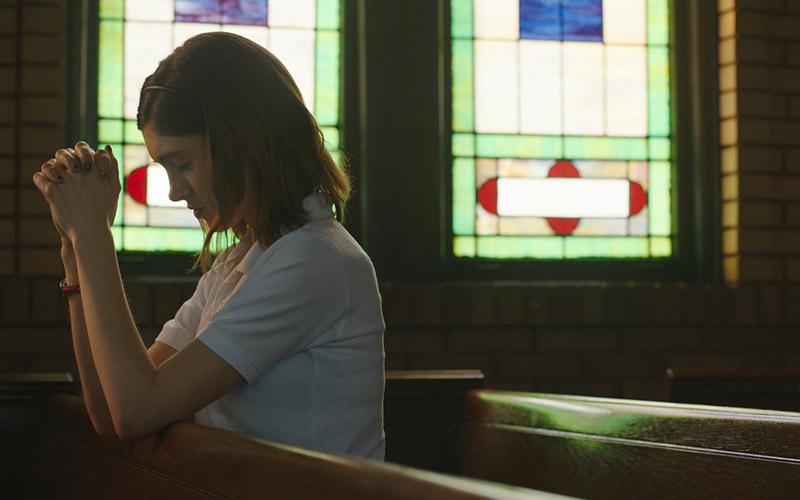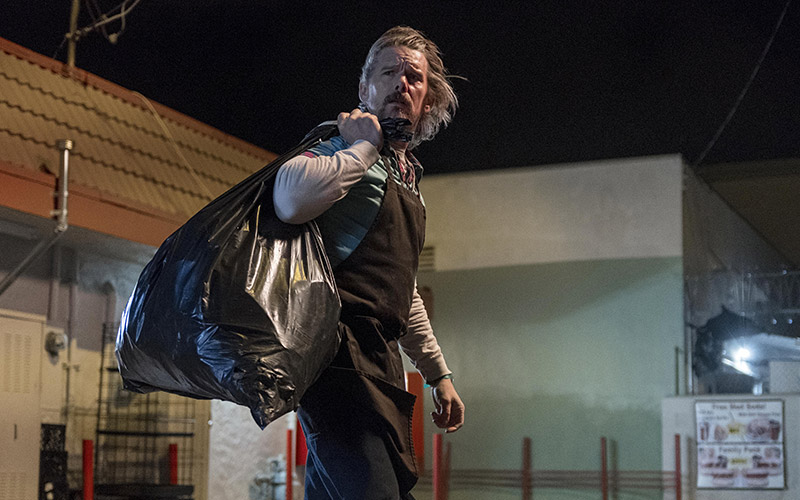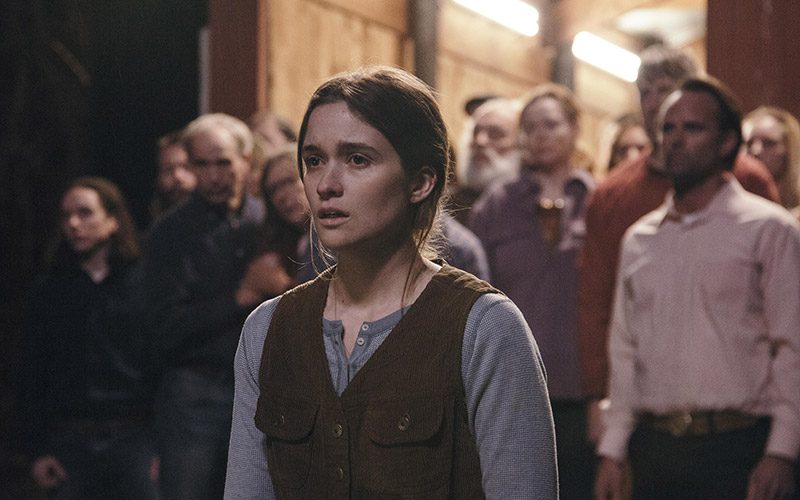
Fans of filmmaker Terrence Malick have been divided in the past decade over how to respond to his output. On the one hand, we now get regular Malick films (which for a director who once took 20 years to make a film, is impressive going), but those films have been moving increasingly into a more experimental space that some viewers have found difficult to warm to. As somebody who last felt properly connected to a Malick film when Tree of Life came out, I watched A Hidden Life with a mild sense of trepidation which, I’m happy to report, evaporated pretty quickly. Show the rest of this post…
In the story of real-life Austrian conscientious objector Franz Jägerstätter, who refused to swear allegiance to Hitler during the Second World War, Malick has found a welcoming canvas upon which to paint his characteristic style. I’ve always felt that Malick’s naturalistic, earnest approach fits well with weighty subject matter (as it did perhaps most notably in The Thin Red Line), and that is true with A Hidden Life, which Malick has been working on for years under its previous title Radegund.
This is Malick’s best film in many years because it is more rigorous in its narrative structure, and establishes its characters more concisely, than his recent works, which despite their intermittent beauty have tended to feel like overextended indulgences. A Hidden Life is also indulgent and could do with a tighter edit (it runs the best part of three hours) but this film features an alliance of style and substance that hasn’t always been present in Malick’s recent work.
The subject matter – Catholic farmers whose idyllic lifestyle is interrupted by war – is fertile ground for Malick, who has always been concerned with humankind’s relationship to the natural world, and to religion. Those themes are explored at length here, but at the heart of the film lies the fundamental question of the value of conscience, and the value of a moral choice even if it may not be the most practical one. Our protagonist (August Diehl) simply cannot betray his own morality, even if it means putting others at risk, including his beloved wife (Valerie Pachner). The film’s exploration of this theme felt both deep and rather timely, considering we live in a time when values are regularly eschewed in favour of quick wins or chest-beating populism.
It’s perhaps a result of the film’s length, and its habit of dropping into and out of its more taut narrative movements, that some sections work better than others. A tighter edit may have kept the emotional drive of the narrative working on more consistent basis, and I actually found the first third of the film to be the most moving, although there is a beautiful tracking shot right at the end that closed a loop around the narrative in a very cathartic way, as though it were enclosing the hidden life at the centre of the film. It is also worth mentioning, while discussing the emotional impact of the film, the wonderful score by James Newton Howard, which is sparingly used, but which really accentuates the drama. There is one repeated refrain, in particular, which tugged at my heart strings whenever it crept onto the soundtrack. It’s not the most subtle of scores, but Malick’s filmmaking is earnest and heartfelt, and for me it worked.
A Hidden Life is very recognisably a Terrence Malick film, and those who have previously found his elegiac, ponderous tone to be off-putting may still find that to be the case here. I do think the film could have been edited more stringently, and that there are moments in the dialogue that are needlessly overt, but in general I was pleased to see Malick make a film like this again. When he is working with a subject he cares deeply about, and a narrative foundation upon which to express himself, his works can carry real power.









